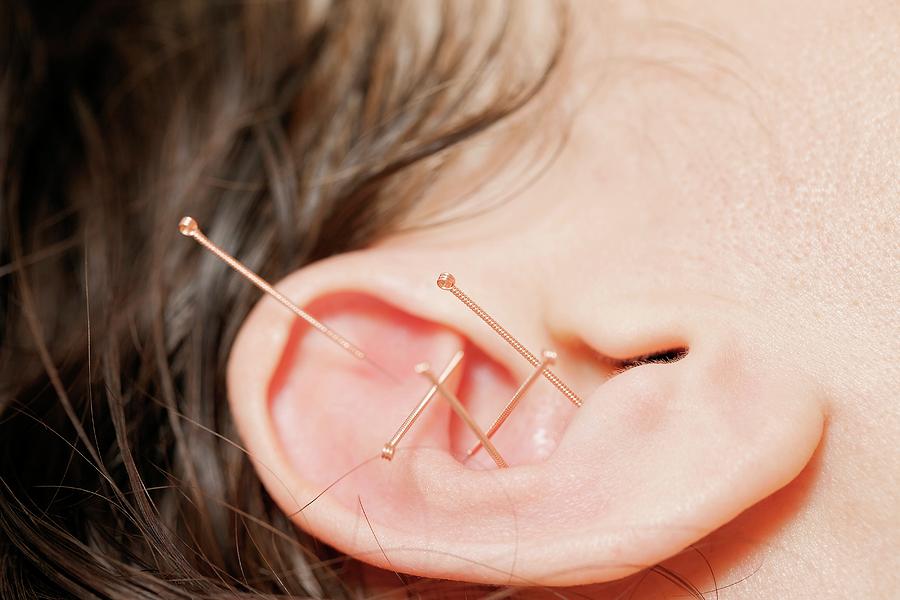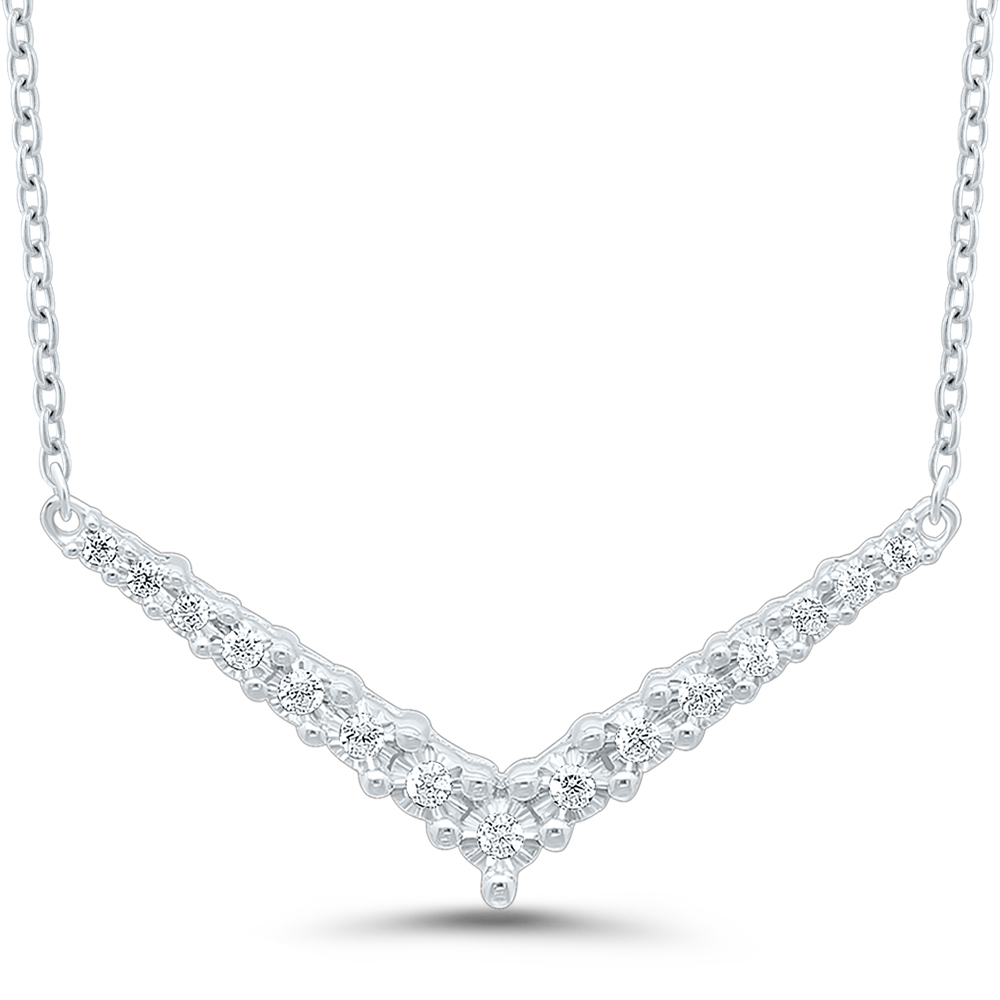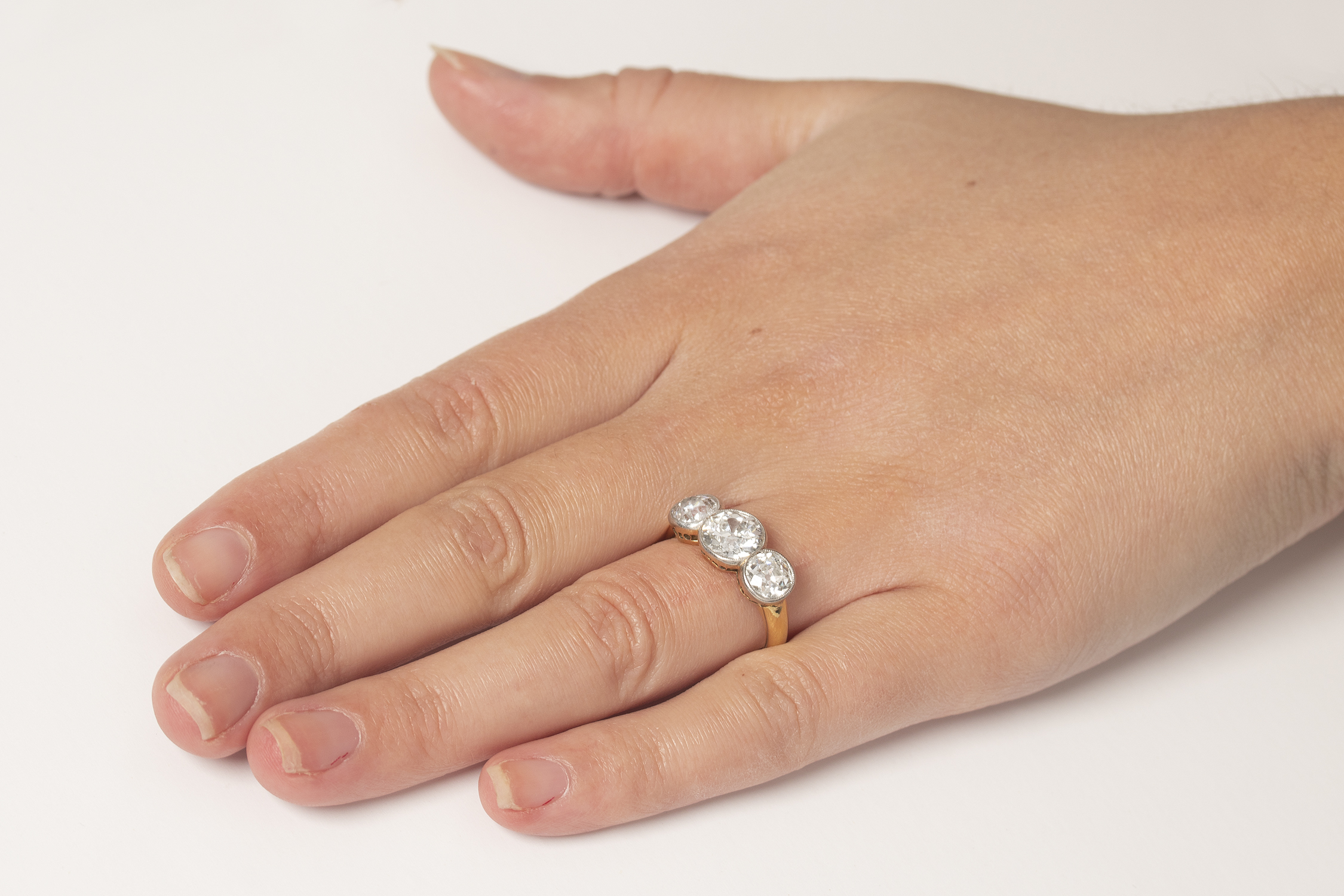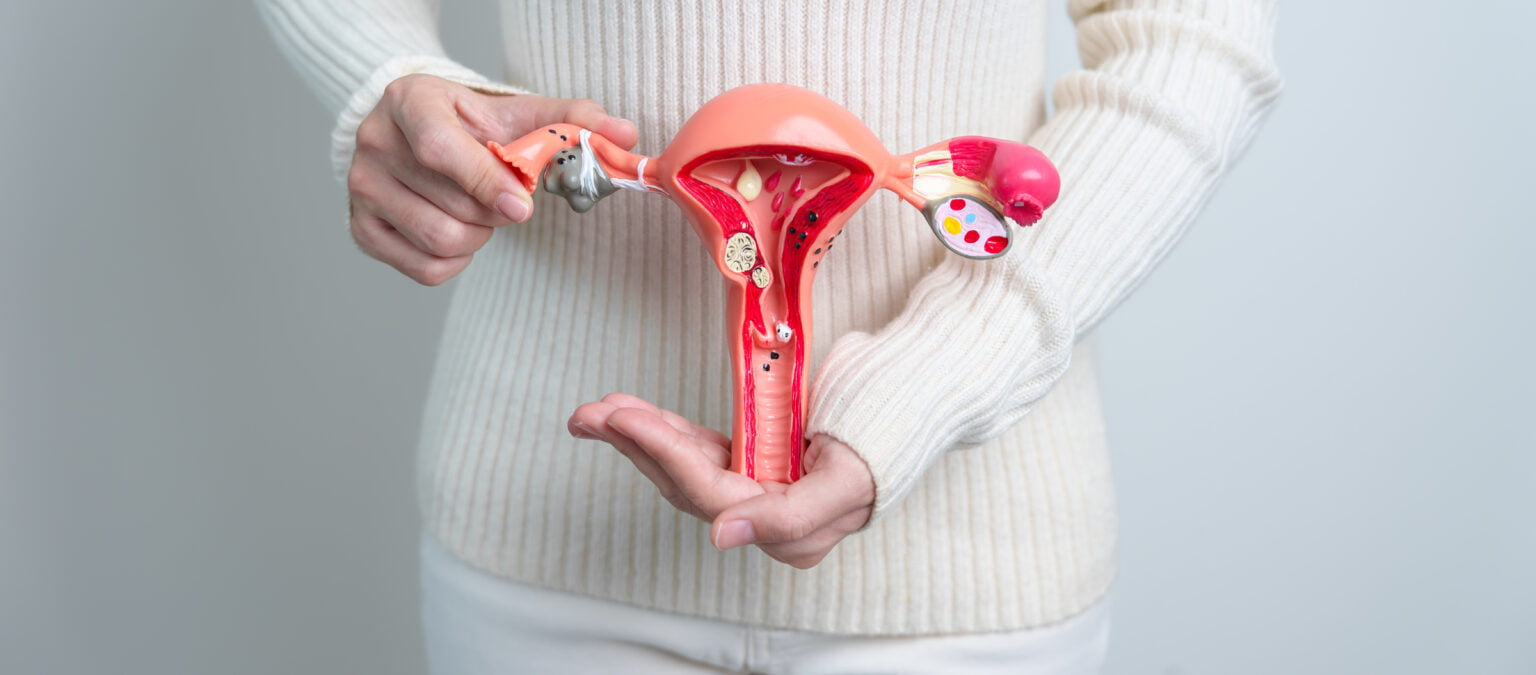What Are Ear Acupuncture Points and How Do They Work?
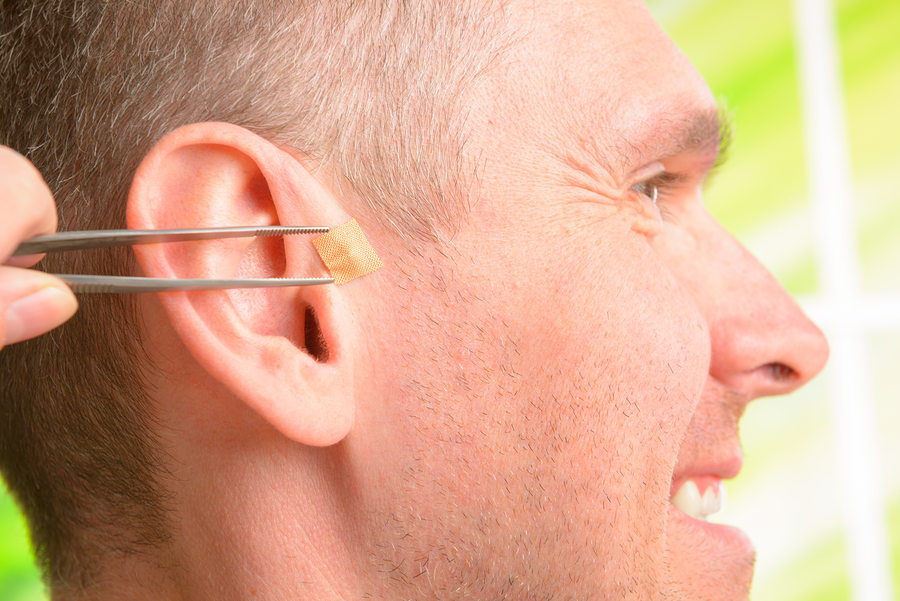
Ear acupuncture, also known as auricular acupuncture, is a specialized form of acupuncture that involves the insertion of thin needles into specific points on the ear to treat a variety of health conditions. Based on the principles of Traditional Chinese Medicine (TCM), ear acupuncture works by stimulating these points, which are believed to correspond to different parts of the body. The practice has gained recognition for its effectiveness in treating pain, addiction, stress, and other health issues. In this article, we will explore the concept of ear acupuncture points how they work, and their benefits for various conditions.
Ear Acupuncture
Ear acupuncture is an alternative therapy that focuses on stimulating specific points on the ear to balance the body’s energy, known as Qi (chi). In Traditional Chinese Medicine, the body is viewed as a network of energy pathways, and when Qi is blocked or imbalanced, it can result in pain or illness. The goal of acupuncture is to restore the natural flow of energy, promoting healing and well-being.
In ear acupuncture, the ear is considered a microsystem—a representation of the entire body. The idea is that the ear contains points that correspond to various organs, tissues, and functions throughout the body. These points are mapped out, and by stimulating them, practitioners aim to influence different bodily systems and treat a wide range of conditions.
The Concept of the Auricular Microsystem
The concept of the auricular microsystem is based on the idea that the ear reflects the entire body. The ear is often referred to as a "microsystem" because it contains points that mirror the body’s structure. The auricular points can be thought of as a map of the body, with each point corresponding to a specific organ or area of the body.
In this map, the earlobe is typically associated with the head and brain, while the upper parts of the ear correspond to the body’s organs and limbs. This ear-to-body connection allows practitioners to target specific points that can affect various health issues, including pain, stress, digestive disorders, and more.
How Do Ear Acupuncture Points Work?
Ear acupuncture works by stimulating specific points on the ear using fine, sterile needles. These points are carefully chosen based on the condition being treated. According to Traditional Chinese Medicine (TCM), the stimulation of these points can help regulate the flow of Qi, balance the body’s energy, and promote healing. But how exactly does this process work?
1. Stimulation of Nerve Endings
The ear contains a high concentration of nerve endings. When acupuncture needles are inserted into specific points, they stimulate these nerve endings, creating a response in the brain. This stimulation can trigger the release of neurotransmitters, such as endorphins (the body’s natural painkillers), serotonin, and dopamine, which help reduce pain, promote relaxation, and improve mood.
2. Balancing the Autonomic Nervous System
The autonomic nervous system (ANS) controls involuntary functions in the body, including heart rate, digestion, and respiratory function. When certain ear acupuncture points are stimulated, they can help regulate the ANS, reducing stress and promoting relaxation. This is particularly beneficial for individuals dealing with conditions related to stress, anxiety, and chronic pain.
3. Improving Blood Circulation
Acupuncture is believed to improve blood circulation, which helps deliver oxygen and nutrients to tissues and organs while removing waste products. By stimulating ear acupuncture points that correspond to various organs, blood flow can be enhanced, improving the function of those organs and supporting overall health.
4. Addressing Energy Blockages
In Traditional Chinese Medicine, it is believed that the flow of Qi can become blocked or imbalanced due to physical or emotional factors. These blockages can result in pain, illness, or dysfunction in the body. Ear acupuncture points are strategically chosen to clear these blockages and restore balance to the body’s energy system.
Common Ear Acupuncture Points and Their Functions
Ear acupuncture consists of many specific points, each with its own function and therapeutic purpose. Some points are used to treat pain, while others are aimed at improving overall health or addressing emotional issues. Below are some of the most commonly used ear acupuncture points and their associated functions:
1. Shen Men (Spirit Gate)
Located near the top of the ear, Shen Men is one of the most important and widely used points in ear acupuncture. It is considered a calming point and is often used to treat conditions like stress, anxiety, and insomnia. Shen Men is also used to enhance relaxation, improve mood, and support the immune system.
2. Point Zero (Huang)
Located in the middle of the ear, Point Zero is a key point for balancing Qi in the body. It is often used to treat conditions that involve imbalance or disruption of energy flow, such as fatigue, digestive disorders, and chronic pain. Point Zero helps harmonize the body's energy and is frequently used in combination with other ear acupuncture points for overall wellness.
3. Sympathetic Nerve Point
This point is located near the ear canal and is used to treat conditions related to the nervous system, such as stress, pain, and muscle tension. Stimulating the sympathetic nerve point can help balance the autonomic nervous system, reduce the body’s stress response, and alleviate pain caused by tension or overactivity.
4. Thalamus Point
Located near the top of the ear, the thalamus point is used to address pain and sensory issues. It is believed to help regulate the body’s response to pain signals and improve circulation to the affected area. This point is particularly useful for treating headaches, migraines, and chronic pain conditions.
5. Lung Point
The lung point is located on the lower part of the ear and is used to treat respiratory issues, such as asthma, allergies, and shortness of breath. Stimulating the lung point can help improve lung function, clear nasal congestion, and regulate breathing.
6. Endocrine Point
Located on the ridge of the ear, the endocrine point is used to regulate the endocrine system, which controls hormones and metabolism. This point can be helpful for individuals dealing with hormonal imbalances, menstrual issues, or thyroid problems. It is also commonly used for weight management and mood regulation.
7. Stomach Point
Located on the lower part of the ear, the stomach point is used to treat digestive issues, including indigestion, nausea, gastritis, and acid reflux. Stimulation of this point can help improve digestion, reduce bloating, and relieve discomfort caused by gastrointestinal issues.
8. Addiction Points
Ear acupuncture is also used as part of addiction treatment. Specific points, such as the liver, kidney, and shameless point, can be targeted to help individuals manage cravings and withdrawal symptoms associated with substance abuse. Auricular acupuncture has been shown to be effective in smoking cessation and alcohol dependence programs.
The Benefits of Ear Acupuncture
Ear acupuncture offers a wide range of potential benefits, making it a popular complementary therapy for various health conditions. Some of the key benefits of ear acupuncture include:
1. Pain Relief
Ear acupuncture is particularly effective for managing chronic pain, including conditions like back pain, neck pain, and headaches. By stimulating points that correspond to different parts of the body, acupuncture can help regulate pain pathways, reduce inflammation, and enhance blood circulation, providing significant pain relief.
2. Stress and Anxiety Reduction
One of the most common uses of ear acupuncture is to help manage stress and anxiety. Points like Shen Men help calm the nervous system and promote relaxation. Many individuals find that regular ear acupuncture treatments help reduce anxiety, improve mood, and create a sense of well-being.
3. Improved Sleep
Ear acupuncture has been shown to improve sleep quality and reduce insomnia. By stimulating certain points on the ear, acupuncture can help regulate the body’s sleep-wake cycle, relax the nervous system, and promote deeper, more restorative sleep.
4. Addiction Recovery
Ear acupuncture is commonly used in addiction recovery programs, especially for individuals seeking help with smoking cessation or alcohol dependence. Auricular acupuncture can help reduce cravings, manage withdrawal symptoms, and support emotional well-being during recovery.
5. Enhanced Digestive Health
Stimulating ear points that correspond to the stomach and liver can help improve digestion, reduce bloating, and alleviate gastrointestinal discomfort. Individuals with acid reflux, IBS, and other digestive disorders can benefit from regular ear acupuncture treatments.
6. Emotional Well-being
Ear acupuncture can promote emotional balance by stimulating points that help regulate the nervous system and hormonal system. It can be used to treat conditions like depression, mood swings, and emotional stress, supporting overall emotional well-being.
How an Ear Acupuncture Session Works
An ear acupuncture session typically begins with a consultation in which the practitioner assesses the patient’s health condition and determines which points need to be targeted. The patient then lies down in a comfortable position, and thin needles are inserted into specific points on the ear. The needles are left in place for approximately 20 to 30 minutes. During this time, the patient may feel a slight sensation or warmth, but the treatment is generally painless.
In some cases, acupuncturists may use ear seeds (small seeds or beads) that are taped to specific ear points to provide continuous stimulation over time. These seeds can be pressed gently to activate the points and provide additional relief.
Conclusion
Ear acupuncture is a powerful therapeutic technique that can address a wide range of conditions, from pain relief to stress management and addiction recovery. By stimulating specific points on the ear, acupuncture can help restore balance to the body’s energy system, reduce pain, and promote overall health. Whether used as a standalone treatment or as part of a comprehensive health plan, auricular acupuncture offers a natural, holistic approach to improving well-being.
If you’re interested in exploring the benefits of ear acupuncture, be sure to consult with a licensed acupuncturist who can tailor the treatment to your specific needs. With regular sessions and proper care, ear acupuncture can provide lasting benefits for a variety of health conditions.
Note: IndiBlogHub features both user-submitted and editorial content. We do not verify third-party contributions. Read our Disclaimer and Privacy Policyfor details.



